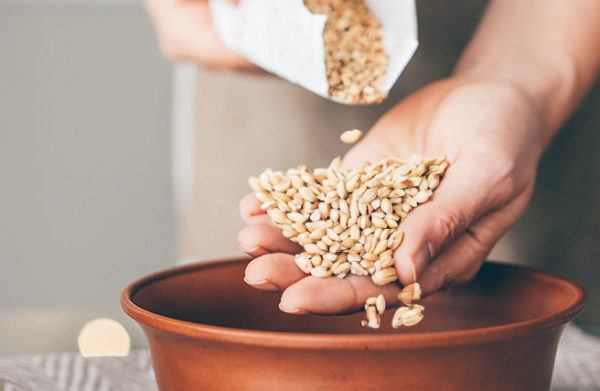
SHA Magazine Healthy Nutrition
Sugar: the enemy of you diet
At this point, there is no doubt: one of the most powerful enemies of our organism is sugar. It is an ingredient that increases the risk of chronic diseases such as diabetes, heart problems, or autoimmune disorders. And in times of confinement, sugar is the ultimate temptation.
Where does the seductive allure of sugar lie? Why do we “need” a chocolate ice cream when we are sad, or why can’t we stop eating cookies once we devour the first one? The answer is as human as it is scientific.
Sugar is a tremendously addictive food. It hooks up to enormous levels, and soon you need more and more. When before you only needed half a spoonful to sweeten your coffee, you soon realized that you needed a whole spoonful. That’s because sugar is a stimulator of the release of dopamine. This neurotransmitter controls the pleasure and reward centers of our brain, simultaneously causing withdrawal symptoms when you try to stop using it.
“Eating at home should make it easier to have a healthy and balanced diet,” says Mario Lopez, a nutrition expert at SHA Wellness Clinic. Because now, more than ever, you must embrace what is healthy and avoid anything harmful to your body.
Sugar, obesity, metabolic syndrome, and chronic diseases
Recent studies from Cornell University in New York show that sugar is a pathway for cancer cells to grow, reproduce, and actively survive. The same studies suggest that a high consumption of refined sugars increases the risk of cancer proportionally. Of course, sugar intake is associated with a high risk of obesity, insulin resistance, and metabolic syndrome, conditions that are considered risk factors for chronic diseases.
Science includes sugar among the least beneficial foods for our health and more so during quarantine or prolonged time spent at home because coupled with lack of mobility, it can trigger problems of obesity and bloat and, in the long term, lead to diseases such as diabetes and hypertension.
Even so, a first-world citizen consumes 126 grams of sugar per day; that is four times more than the recommendations made by nutritionists. There is one thing to bear in mind: just one glass of a sugary soft drink is equivalent to eight spoonfuls of sugar.
Glycemic index and low-calorie diet
The glycemic index (GI) helps us determine how much carbohydrate-containing foods raise blood glucose. A high GI food raises blood glucose faster than foods with a medium or low GI. It is therefore clear that proper meal planning, with expert advice and based on your GI, is essential to encourage the consumption of low GI foods.
Many people with diabetes are obese, and in these cases, it is essential to follow a low-calorie diet to lose weight and then maintain near-ideal numbers. Weight loss has been shown to improve blood sugar, cholesterol, triglycerides, and blood pressure.
Here are some examples of foods that contain low GI carbohydrates: beans and pulses, all non-starchy vegetables, most fruits, whole-grain bread, and cereals.
Processed foods, juices, fruits… sugar is everywhere
The problem we face every day is the number of stimuli that the consumer ‘enters through his eyes’ when entering a supermarket. And sugar is one of the main protagonists, being present in practically all processed foods that already represent more than 60% of our diet.
These are some examples of foods that are offered highly sweetened to enrich their taste and hook us: chocolate, candy, jam, honey, ice cream, sweetened soft drinks and juices, cookies, pizza, chips, sliced bread, etc.
We must also bear in mind that there are also fruits with high levels of sugar: green bananas, dates, melon, raisins, preserved fruits, and tropical fruits. Apricot, grapefruit, and cherries are some of the most recommendable fruits because of their light glycemic index.
We have to make an effort to fill our pantry with foods with a low glycemic index that we can incorporate into our diet and that we also find appealing to the palate. For example, garlic, spirulina, brewer’s yeast, and echinacea are very healthy, sugar-free foods that contain essential nutrients to strengthen our immune system.
Maybe there are more things we like than we thought because dieting or making better food choices doesn’t have to be a nightmare. “You can follow a good diet from home, and the key is to take care of the necessary caloric intake, chew well, eat a lighter diet, choose what we eat well, follow schedules and consume satiating foods,” summarizes Mario López.





